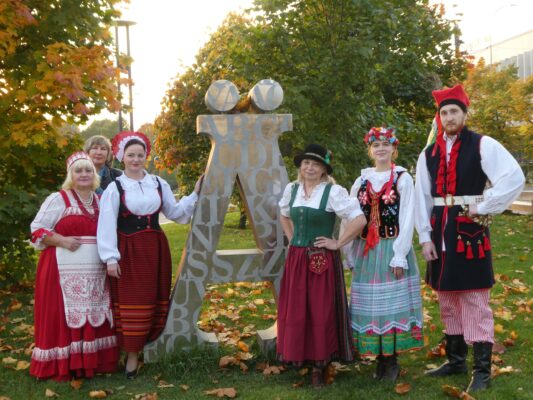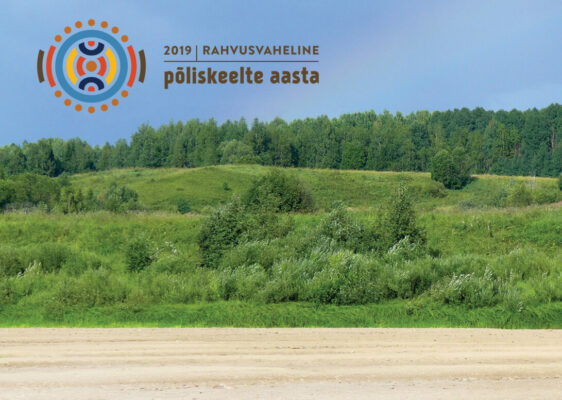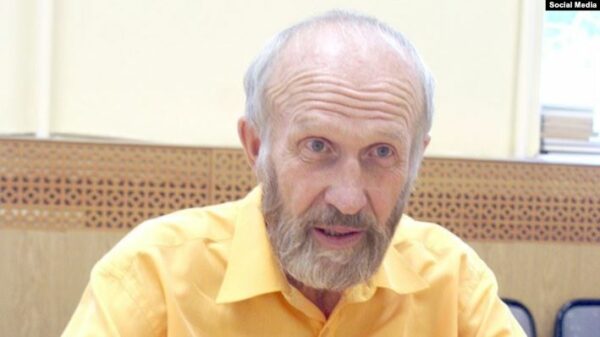Non-Russian Languages Being Pushed Out of Schools in Five Middle Volga Republics
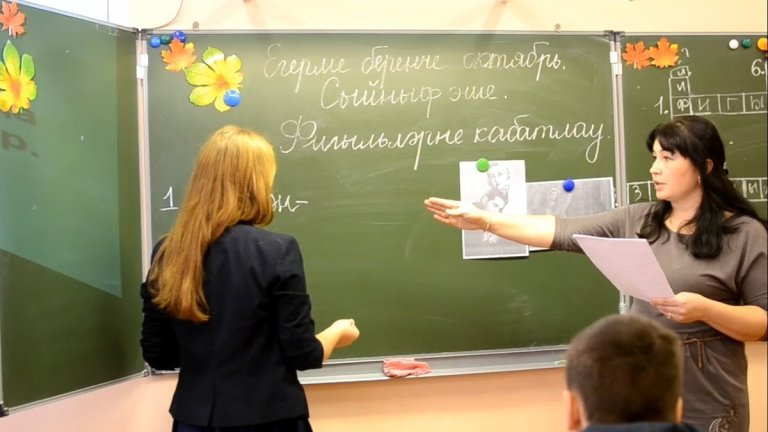
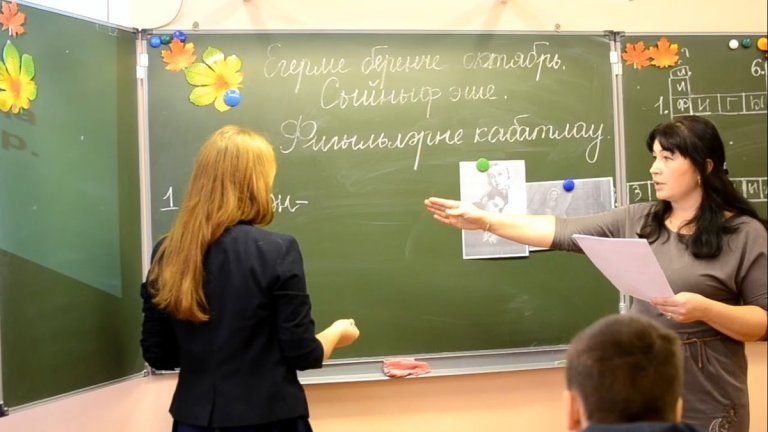
WINDOW ON EURASIA: Since the adoption of a Russian law making the study of non-Russian languages in the republics voluntary, 7×7 blogger Nail Gyylman says on the basis of a new study, the authorities have used various means to reduce the opportunities pupils have to study them.
He has presented the details of his selective study of languages in the five republics between December 2018 and May 2019 in a 40-page paper now posted on the MariUver portal.
Gyylman identifies nine problems with the study of titular non-Russian languages in these republics and then ranks them in five categories ranging from republics where the study of the national language is rapidly becoming “fictional” to the rare urban centers where it is more or less satisfactory.
The nine problems he points to include the following:
1. Following the adoption of the new law, the study of native languages has become worse with those who want to do so facing ever more obstacles. Except in Tatarstan, all of the republics are providing fewer opportunities for the study of such languages than even the regressive law allows.
2. In many cases, the study found, pupils and their parents do not have a real choice to study their national language and have been compelled to identify Russian as their native language.
3. Educational officials in these republics have substituted for the study of national languages courses on national culture, which do not provide the basis for speaking and reading the languages.
4. The educational authorities have used the transition from a six-day to a five-day school week to reduce hours devoted to non-Russian languages.
5. The central schools at the district level have seen a sharp reduction in non-Russian language instruction even when they are in non-Russian majority areas.
6. In many cases, “the study of native languages of the indigenous peoples remains only on paper.” The authorities say it is offered but it isn’t.
7. Many of the rural schools were non-Russian instruction is offered are slated to close in the near future because of declining populations.
8. The educational bureaucracy is also using the required shift t the study of a second foreign language to reduce hours devoted to the study of the languages of the indigenous population.
9. And school officials are hiding what they are doing by reducing the amount of information they are releasing abut language training.
Those are the problems common to the five Middle Volga republics. But the situation varies among and within them from disastrous to the not so bad:
The worst situation, one in which the study of native languages is more fictional than real is in Udmurdia. Mari El and Mordvinia. Slightly less awful is the situation in the majority of schools of Ufa and Cheboksary and many other cities of Bashkortostan, where so little time is given as to be almost nothing at all.
Somewhat better but with an unsatisfactory level of instruction is fund in most rural schools. A satisfactory level is fund in most urban schools of Tatarstan. And a relatively good level is found in some Tatarstan schools but even that level is insufficient t guarantee the ability to use the language beyond the kitchen as it were.
Gyylman sums up: “The Russian system of education only formally supports the national languages of the native peoples of the Russian Federation. For it, native languages are alien subjects that are slowly being driven out of the school. The Russian school doesn’t leave any chance for the development of the languages of the peoples of the Russian Federation.”
Paul Goble
Source: Window on Eurasia 03.09.2019

